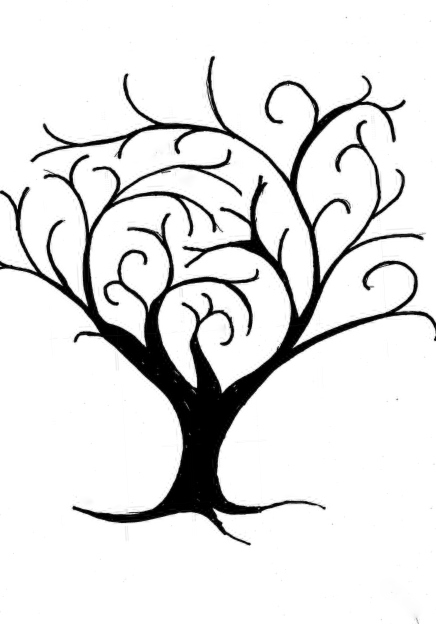Sticks and stones… you know the rhyme. Designed to thicken children’s perceptual skins against the slings and arrows of ignorant name callers, it works for the innocent. But adults know better. Words can hurt.
Destined always to be the ‘new kid’ at school, I learned unimaginative insults were unworthy of response. If it was clever, I would laugh at the wit employed and win my antagonist over with a good-natured response. The art of schoolyard diplomacy was born.
One might think words are like so many legos available to assemble at will. But words have weight. Their emotional content colors our sense of things. They resonate. Their roots penetrate our joints. Create our world. Change things.
We are immersed in a sea of words and are largely unconscious of how they affect our perception of the world. Speakers of another language literally see the world differently. They don’t just use different words to describe our ‘objective reality’. They swim in a different sea. Some words may have an approximate correspondence or cannot be translated at all.
Their sense of time and space may be as impenetrable as the language they use. In La Paz, Bolivia I heard a folk group singing passionately (in Spanish) about ‘throwing off the yoke of the conquistadors.’ They sang in the present tense.
There is the old joke about England and America being separated by a common language.
Oppressive regimes strive to control the language of their citizens with Orwellian precision. Who would think choice was a bad thing? Especially regarding healthcare decisions? Stating such decisions result in murder is, as Hillary Clinton said during the 2016 campaign “just terribly unfortunate.” Not the decision, but the description.
In his book “1984”, Orwell explains, “a heretical thought—that is, a thought diverging from the principles of Ingsoc—should be literally unthinkable.” People who grew up under totalitarian regimes have told me how their conversation and thought became progressively vague for fear of committing some unnamed crime.
Conservatives criticize the education system for ‘indoctrinating’ the country’s students into leftist thought. Does anyone dispute the idea that Conservatives rely on a different set of words and concepts than Liberals? Each sees a world the other cannot. Yet we all have access to the same words.
Orwell warns about adopting the set phrases of one’s party. Eventually, stock phrases “will construct your sentences for you—even think your thoughts for you, to a certain extent—and at need they will perform the important service of partially concealing your meaning even from yourself.” Choose your legos carefully. Who does your thinking for you?
Nasty and brutish language says as much about the speaker as what he is describing. The words he uses define him no less than a connect-the-dots picture is revealed through those numbered connections.
Could a study be done of the contrasting word sets used by happy and depressed people?
Babies learn words and increase their ability to discern distinctions between mommy and daddy, red and green, up and down…
Open the hood of a modern car and ask a child to describe what they see. If they never saw a modern internal combustion engine before, they might attempt to imitate its sound but won’t have words for it. It would appear a chaotic mass of metal and hoses. But point out the basic components and functions. Words describing the flow of energy would reveal the sense of the engine’s process and purpose. And so the world.
Babies and children quickly build a structure of words and concepts by which to navigate their world. They readily invent terms for things when they don’t know their proper names. Even babbling has syntax.
A professor once told me, “if you cannot put it into words, you don’t know what you are talking about.” Hmmm.
Another challenged me to tell him one thing ‘that doesn’t have a name’. He had a point. How does one discuss what has no words attached to it? I cannot think of one nameless thing.
Imagine the terror of an infant left alone with a need it cannot express.
Or, think of two babies from the same neighborhood. One is consistently exposed to words like: fear, oppression, hate, weakness, victim, leave.
The other hears only of trust, hope, strength, gratitude, wonder, spirit, opportunity. Do these word clusters crystallize into a basic framework through which the beginnings of a worldview is formed? Does anyone think the trajectories of these two lives would run parallel, when one sees opportunity everywhere and the other only victim-hood?
Words are powerful. They can give life. Or death.
We need to speak lightness into and darkness out of our children’s lives. And our own.



